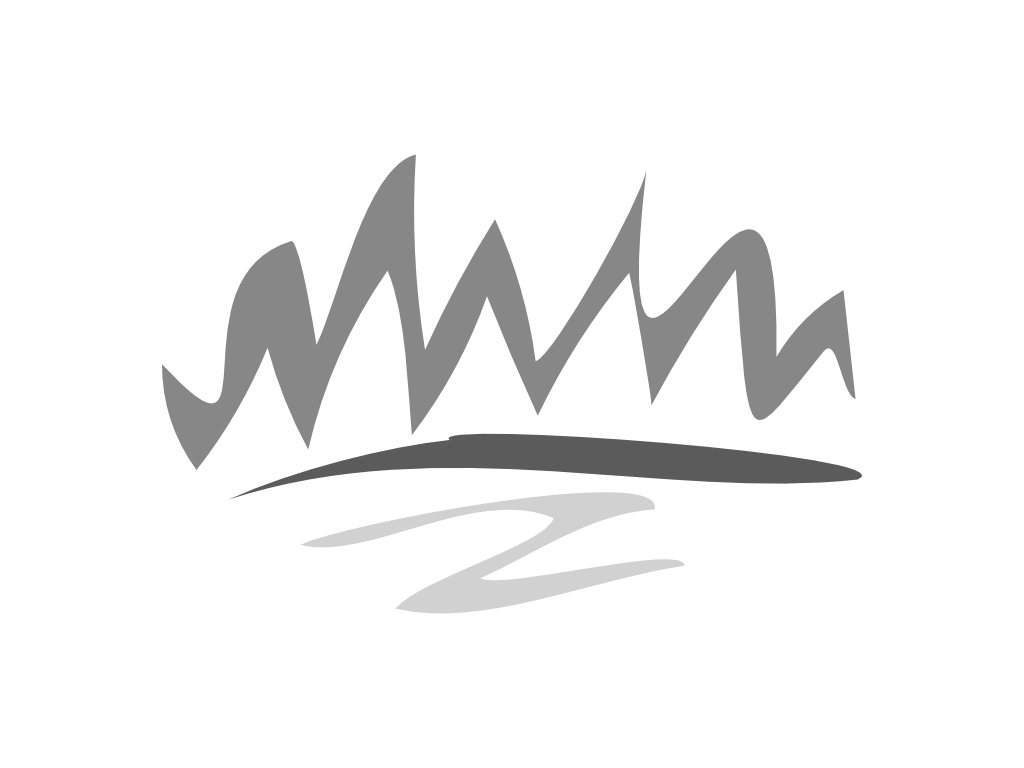
Study of fish passage at stream crossings shows improvements needed
VICTORIA – A study of 1,110 road crossings over fish streams in 19 watersheds around B.C. has found that, in total, less than half of the crossings were likely to allow fish to pass through without problems, according to a Forest Practices Board report released today.
The board’s special investigation looked at crossings in two types of habitat and found that in habitat classified as “important or critical,” bridges, or similar crossings that don’t disturb natural stream beds were used for 72 percent of crossings, allowing for successful passage of fish to upstream waters. However, in habitat classified as “marginal,” bridges or similar crossings were used only 12 percent of the time, and the rest of the crossings consisted of pipe culverts or other closed bottom structures, and were unlikely to allow successful fish passage.
“Our research shows that there is a significant risk to fish due to the use of culverts on many fish streams, and that while most of the impeded crossings were in marginal habitat, a substantial number of crossings in valuable fish habitat were compromised as well,” said board chair Bruce Fraser.
“While government is taking steps to maintain and restore fish passage on forestry roads, we also found that there is a legacy of problems created by other types of roads in forested watersheds – highways, railways, and other resource access roads – that also need to be addressed.”
The Forest and Range Practices Act requires forest roads to be constructed and maintained so they do not cause a material adverse effect on fish passage. However, the legislation does not apply to non-forestry roads, or to roads built before 1995.
Government estimates there are nearly 400,000 stream crossings in B.C., and the number increases every year as more roads are developed. Fish require access to a variety of habitats throughout their life cycle and need to be able to swim between different habitats in a stream.
The Forest Practices Board is B.C.’s independent watchdog for sound forest and range practices, reporting its findings and recommendations directly to the public and government. The board:
